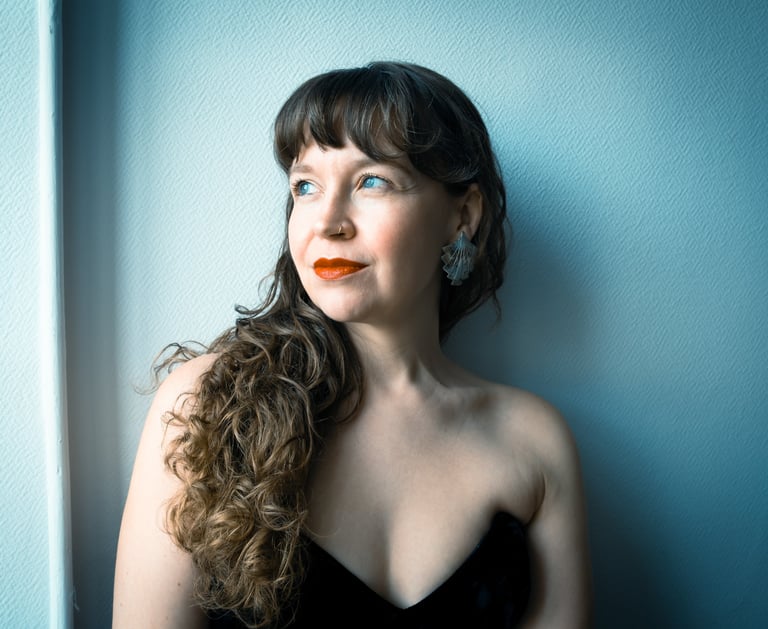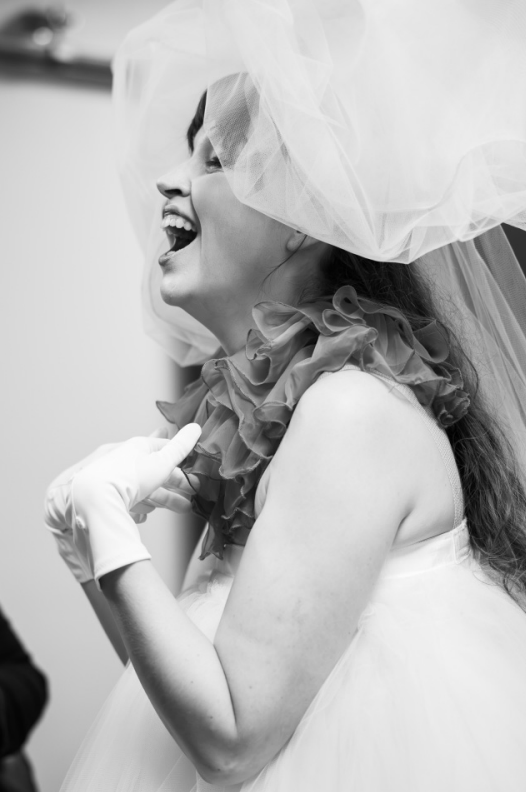About Rebecca
From the age of five, Rebecca Sorensen has been immersed in the world of music, beginning with piano studies. Her adolescence was marked by years of flute practice until a fortuitous event at age 15 changed her musical trajectory. A friend, an aspiring classical pianist, convinced her—despite initial hesitation—to attend a performance of Lucia di Lammermoor at the Lyric Opera of Chicago. This unexpected Christmas gift proved to be a revelation; by intermission, she knew opera was her calling.
With extensive training in the United States under renowned singers such as Jane Bunnell and Susanne Mentzer, Sorensen has developed a rich and diverse career. She is equally at home in Baroque and contemporary repertoire, and her talent spans folk music, opera, recital, and chamber music. With extensive theatrical experience, she delights in bringing characters to life on stage, imbuing each role with depth and passion. Before settling in France, Sorensen lived and worked in Germany for six years, further enriching her international experience.
Currently based in Bordeaux, she has recently been acclaimed on the stage of the Grand Opéra de Bordeaux as Violetta in La Traviata, Musetta in La Bohème (family concerts), and soprano soloist in Fauré’s Requiem at the Auditorium de Bordeaux. In 2025, she was a laureate of the “Déroulement de carrière” audition with Génération Opéra, opening the concert on September 29 at Studio Bastille in Paris. Upcoming engagements include the soprano soloist in Honegger’s Le Roi David and the role of Norma in a reduced version at the Opéra National de Bordeaux in 2026.
Alongside her opera career, Sorensen explores new musical horizons with her unique project, Folklyrique, which blends classical and folk music, accompanied by instruments such as guitar, ukulele, mountain dulcimer, autoharp, and harmonium. She is also a textile artist, having presented her first solo exhibition in Bordeaux and participated in an artist residency in Fez, Morocco, in August 2025, where she explored the intersections of art, memory, and nature.
Her passion for music is grounded in a profound belief that music and sound are vital, transformative elements of the human experience. This conviction deepens as she explores both ancient traditions and contemporary scientific research on the healing power of sound. Through leading workshops, she empowers people of all voices to discover and experience the liberating and restorative potential of their own vocal expression.



